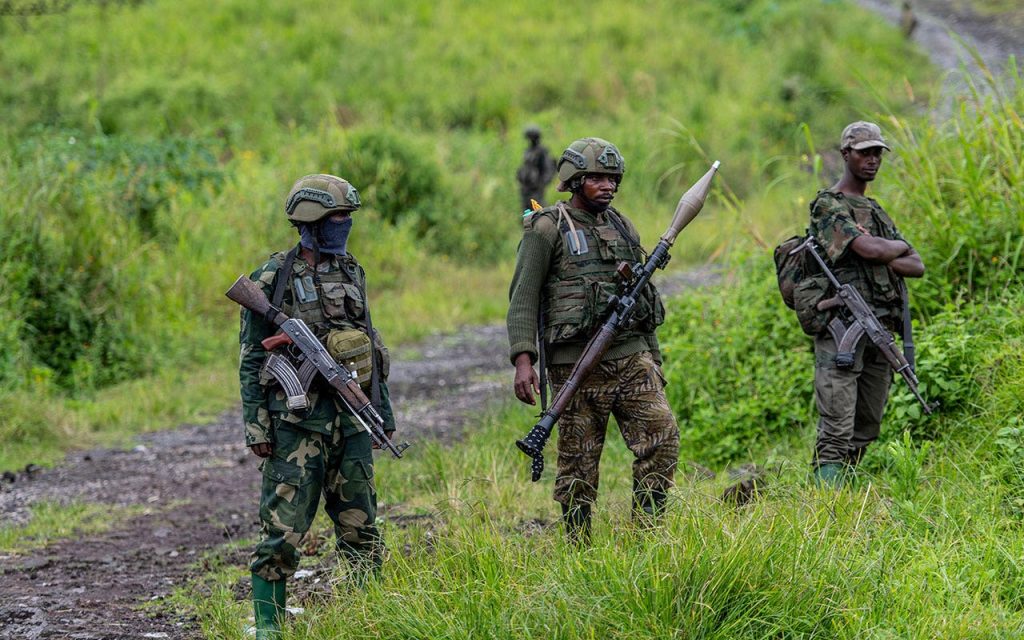A bomb explosion at a refugee camp in eastern Congo resulted in the deaths of at least 5 people, including children, with over 20 others injured. Two children and their mother were among the casualties, and Lt Colonel Ndjike Kaiko blamed the attack on the rebel group M23, alleging ties to Rwanda. The army spokesperson also accused the rebel group of planting the bomb at the Mugunga refugee camp in North Kivu. However, a military spokesman for M23, Lt. Col. Willy Ngoma, denied any involvement and accused the army of planting the bomb instead.
The rebel group M23 has been making significant territorial gains, recently capturing the mining town of Rubaya, which holds valuable deposits of tantalum. Tantalum is extracted from coltan, a mineral used in the production of smartphones, and concerns have been raised about the involvement of “blood minerals” in the tech industry’s supply chain. The conflict in eastern Congo, which has been ongoing for decades, has attracted over 100 armed groups fighting for control of land and valuable mineral resources, leading to one of the world’s worst humanitarian crises.
The violence in eastern Congo has resulted in widespread human rights violations, including mass killings and rapes by various armed groups. This has displaced about 7 million people, many of whom are unable to access aid due to the ongoing conflict. The region’s conflict is primarily driven by the competition for control of mines with valuable minerals, and many armed groups are fighting to protect their communities and resources. The complex web of interests in the region has made peace and stability difficult to achieve.
The Mugunga refugee camp has been a target of attacks in the past, and the recent bomb explosion has further highlighted the vulnerability of refugees in the region. The staggering number of armed groups operating in eastern Congo has made it challenging for authorities to maintain security and protect civilians. The involvement of foreign actors, such as neighboring Rwanda, has further complicated the situation and fueled concerns about the influence of external forces in the conflict.
The international community has been urged to take action to address the ongoing humanitarian crisis in eastern Congo. In addition to providing aid and support to those affected by the conflict, efforts should be made to hold accountable those responsible for human rights violations and promote peace and stability in the region. The situation in eastern Congo underscores the need for a comprehensive and sustainable solution to address the root causes of the conflict and prevent further violence and suffering among the civilian population.













